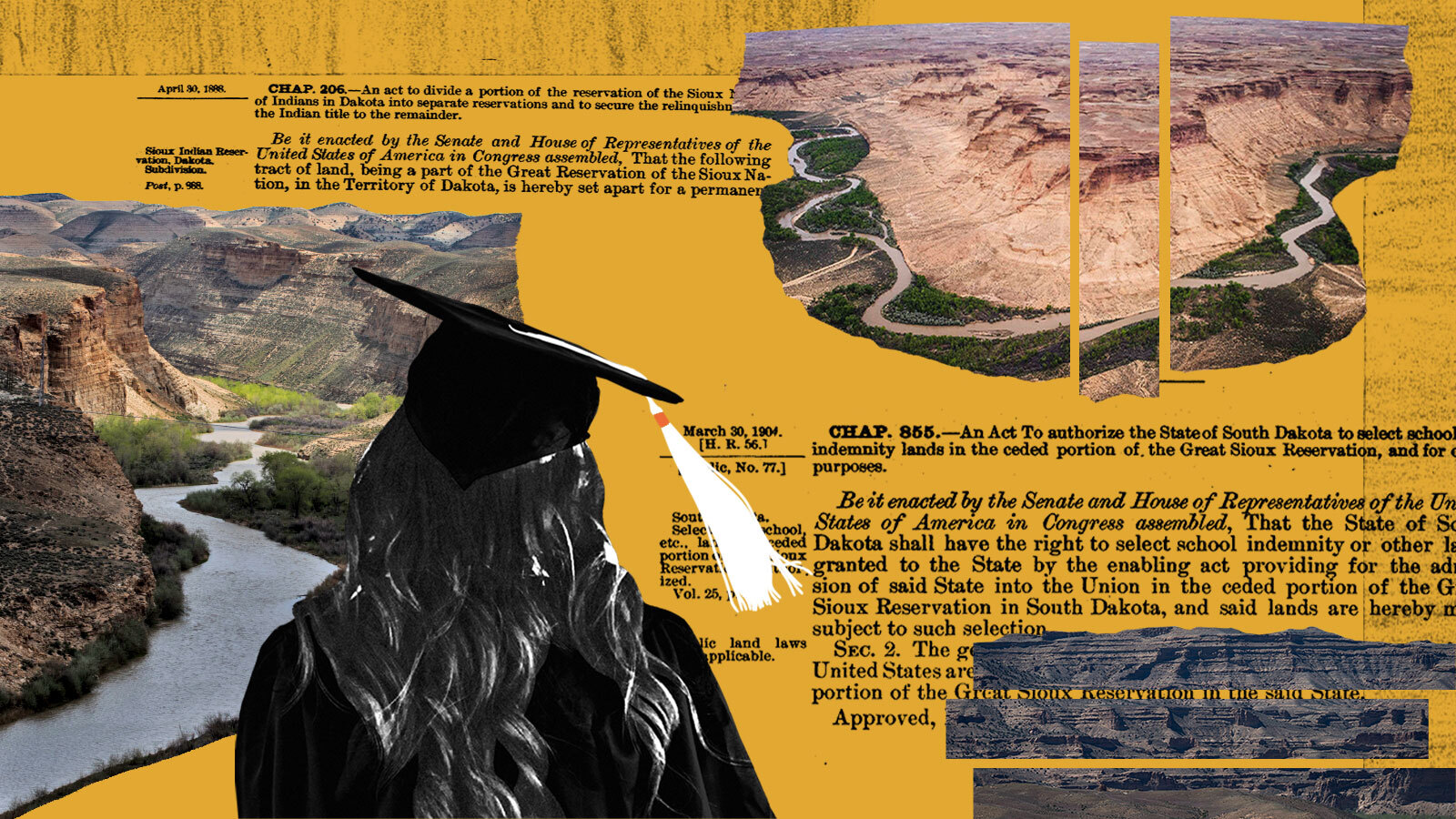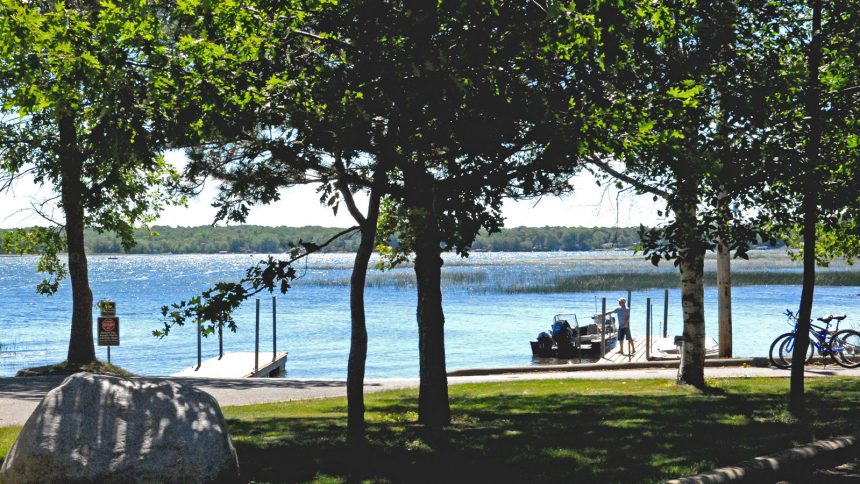After years of advocating for their rights, the Mille Lacs Band of Ojibwe will soon reclaim 18 acres of land from the state of Minnesota. This decision was made through recent legislation that officially returns state trust lands within the boundaries of the Mille Lacs Band’s reservation.
The return of Indigenous land in Minnesota is part of a larger global movement known as landback, which is gaining momentum as studies show that Indigenous stewardship leads to better ecological outcomes. As the preservation of biodiversity becomes increasingly crucial in the face of climate change, Indigenous self-determination and traditional land management practices are being recognized as essential solutions to combat climate change.
Kelly Applegate, commissioner of natural resources at the Mille Lacs Band of Ojibwe, expressed excitement about the opportunity to protect this land in harmony with nature. The land transfer process is expected to be finalized within the next month with a focus on environmental conservation.
The 18 acres in question on the Mille Lacs reservation are classified as state trust lands, which were originally established to support education. This particular transfer is just a fraction of the 2.5 million acres of state trust lands scattered across Minnesota, including almost 344,000 acres within eight reservations. While trust lands typically generate revenue for education through various means, the Mille Lacs lands have only yielded a minimal amount annually.
Minnesota is among a handful of states that own land within federal Indian reservations which generate income for non-Indigenous institutions. This disparity has sparked ongoing discussions about returning land to Indigenous nations.

Kelly Applegate noted that designating the land as a school trust parcel was done without tribal consent, emphasizing that the Mille Lacs Band has always occupied and retained ownership of the land. The legislative progress regarding Indigenous land rights is championed by Senator Mary Kunesh, who has indigenous heritage and is the first Native woman to serve in the Minnesota Senate.
While the Mille Lacs measure successfully passed, other proposals to return land to Indigenous nations faced opposition and did not advance. Regardless, this positive step sets aside funds for the transfer of land to the Mille Lacs Band, enabling them to preserve their heritage and environment.
Despite the positive outcome, some local entities have expressed concern about the land transfer, citing constitutional requirements for public auctions. These conflicting views highlight the complexities involved in addressing historical injustices and restoring Indigenous land rights.
Kelly Applegate expressed disappointment in the lack of support from the county, emphasizing the importance of returning land to its original caretakers for sustainable management and environmental conservation.
. If the provided articles seems to be less than 200 characters or it is an intro of the author, then try to generate an articles using this title.The Mille Lacs Band will see the return of 18 acres of state trust land






